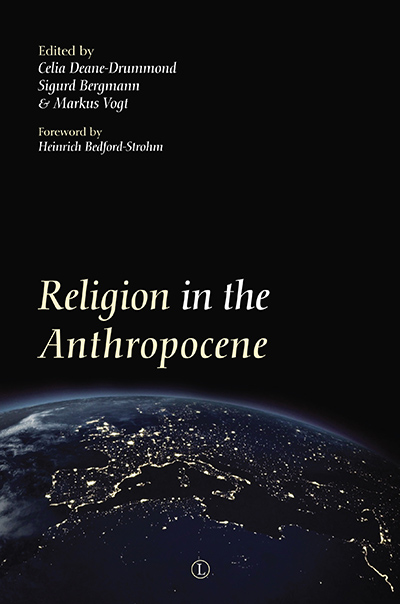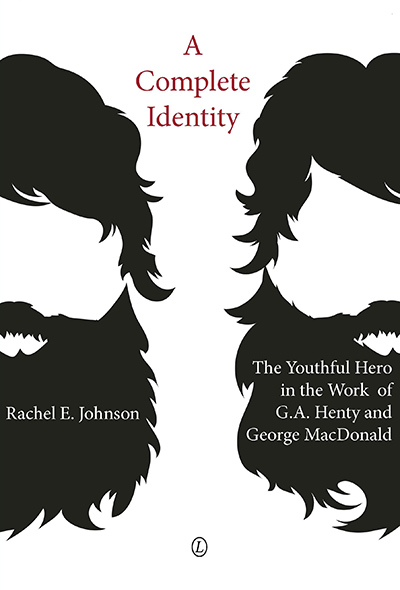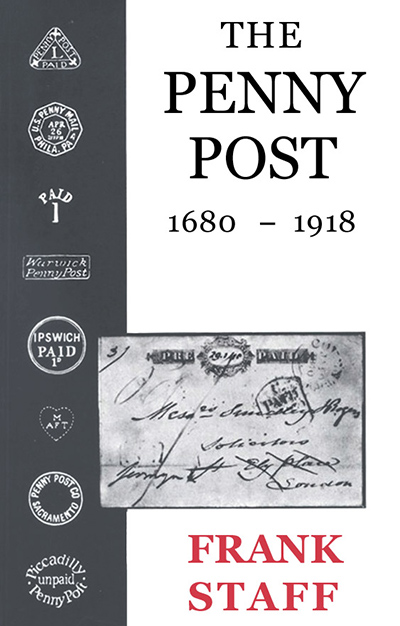Description
Religion in the Anthropocene charts a new direction in humanities scholarship through serious engagement with the geopolitical concept of the Anthropocene. Drawing on religious studies, theology, social science, history, philosophy, and what can be broadly termed as environmental humanities, this collection represents a groundbreaking critical analysis of diverse narratives on the Anthropocene. The contributors to this volume recognize that the Anthropocene began as a geological concept, the age of the humans, but that its implications are much wider than this. Does the Anthropocene idea challenge the possibility of a sacred Nature, or is it a secularized theological anthropology more properly dealt with through traditional concepts from Catholic social teaching on human ecology? Not all contributors in this volume agree with the answers to these and many more different questions. Readers will be challenged, provoked, and stimulated by this book.
About the Author
Celia Deane-Drummond is Professor of Theology and Director of the Center for Theology, Science and Human Flourishing at the University of Notre Dame. Her recent books include The Wisdom of the Liminal, Technofutures, Nature, and the Sacred, and Ecology in Jürgen Moltmann’s Theology.
Sigurd Bergmann is Professor of Religious Studies in the Department of Philosophy and Religious Studies at the Norwegian University of Science and Technology in Trondheim, Norway. His recent books include Religion, Space, and the Environment, and Technofutures, Nature, and the Sacred.
Markus Vogt is Professor of Christian Social Ethics at Ludwig Maximilian University of Munich, Germany. His recent books include Prinzip Nachhaltigkeit, Wo steht die Umweltethik?, and Die Welt des Anthropozän.
Contents
List of Figures
Foreword: The Anthropocene as a Challenge for Public Theology
Heinrich Bedford-Strohm
Acknowledgments
Contributors
The Future of Religion in the Anthropocene Era
Celia Deane-Drummond, Sigurd Bergmann, and Markus Vogt
Part 1: Setting the Stage
1. On Going Gently into the Anthropocene
Michael Northcott
2. From the Anthropocene Epoch to a New Axial Age: Using Theory-Fictions to Explore Geo-Spiritual Futures
Bronislaw Szerszynski
3. Transformations of Stewardship in the Anthropocene
Christoph Baumgartner
4. Religion at Work within Climate Change: Eight Perceptions about Its Where and How
Sigurd Bergmann
Part 2: Historical Matters
5. Bridging the Great Divide: The Anthropocene as a Challenge to the Social Sciences and Humanities
Franz Mauelshagen
6. Becoming Human in the Anthropocene
Agustín Fuentes
Part 3: Philosophical Analyses
7. De-moralizing and Re-moralizing the Anthropocene
Maria Antonaccio
8. Anthropocene Fever: Memory and the Planetary Archive
Stefan Skrimshire
9. Reconsidering the Anthropocene as Milieu: William Desmond and the Originary Goodness of Being
Francis Van den Noortgaete
Part 4: Theological Trajectories
10. Performing the Beginning in the End: A Theological Anthropology for the Anthropocene
Celia Deane-Drummond
11. Cooled Down Love and an Overheated Atmosphere: René Girard on Ecology and Apocalypticism in the Anthropocene
Petra Steinmair-Pösel
12. Beyond Human Exceptionalism: Christology in the Anthropocene
Matthew Eaton
13. American Evangelicalism, Apocalypticism, and the Anthropocene
Marisa Ronan
Part 5: Ethical Deliberations
14. Human Ecology as a Key Discipline of Environmental Ethics in the Anthropocene
Markus Vogt
15. Protection of Threatened Species in the Anthropocene: A Theological-Ethical Perspective
Anders Melin
Part 6: Sociopolitical Transformations
16. Contesting the Good Life of Technological Modernity in the Anthropocene
Ian Barns
17. The Anthropocene and the Future of Diplomacy: Religion, Ecology, and Transnational Relations in the Age of Human Responsibility
David Joseph Wellman
Bibliography
General Index
Endorsements and Reviews
This book marks the first thorough treatment of religious and quasi-religious dimensions of the Anthropocene from perspectives as diverse as philosophy, theology, anthropology, and history, among others. This impressive collection of international scholarly voices aims not at consensus or easy answers, but fully explores the Anthropocene’s profoundly ambivalent implications for humanity’s place in nature and deep time, and our responsibilities for nonhuman others. Readers new to the topic, as well as scholars in the field, will come away with fresh – and sometimes disconcerting – insights into what it means to be human in the Age of Humans.
Lisa H. Sideris, Associate Professor of Religious Studies, Indiana University
Laudato Si … receives a fair bit of attention in this book, which is not surprising given its influence, but this widespread attention is a turn of events in the world of scholarship that could not have been predicted a decade ago. This book is an important rejoinder to the scientifically dominant discourse that surrounds the concept of the anthropocene. This book is recommended.
Paul Allen, in Reviews in Religion and Theology, Vol 27, No 1






